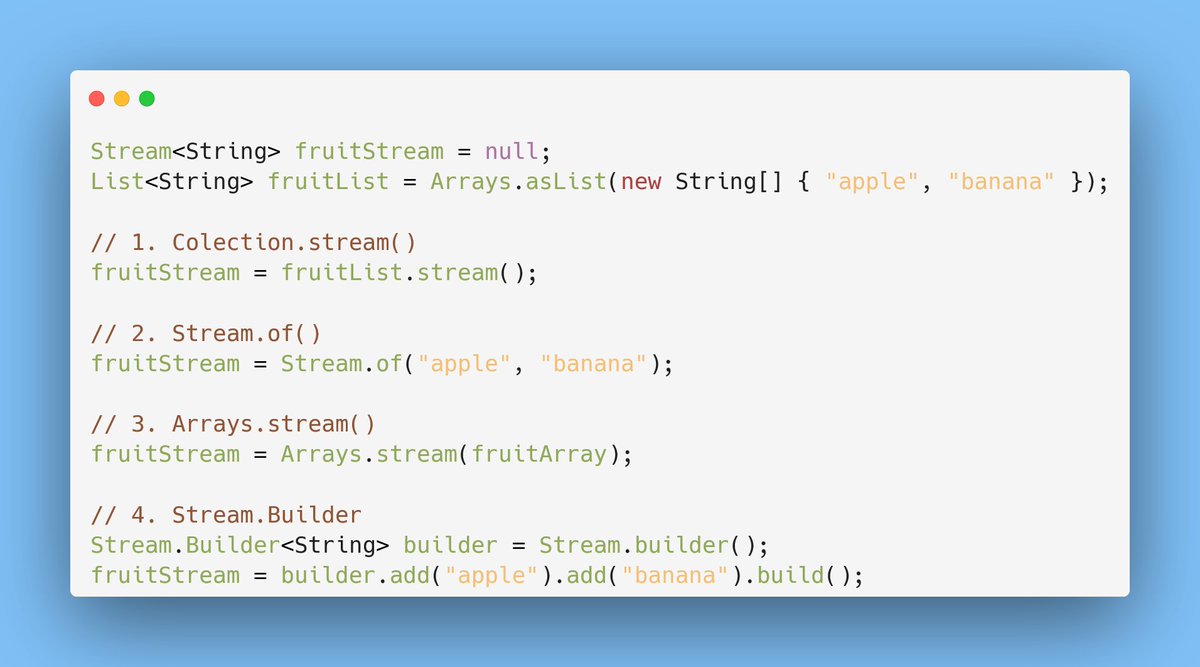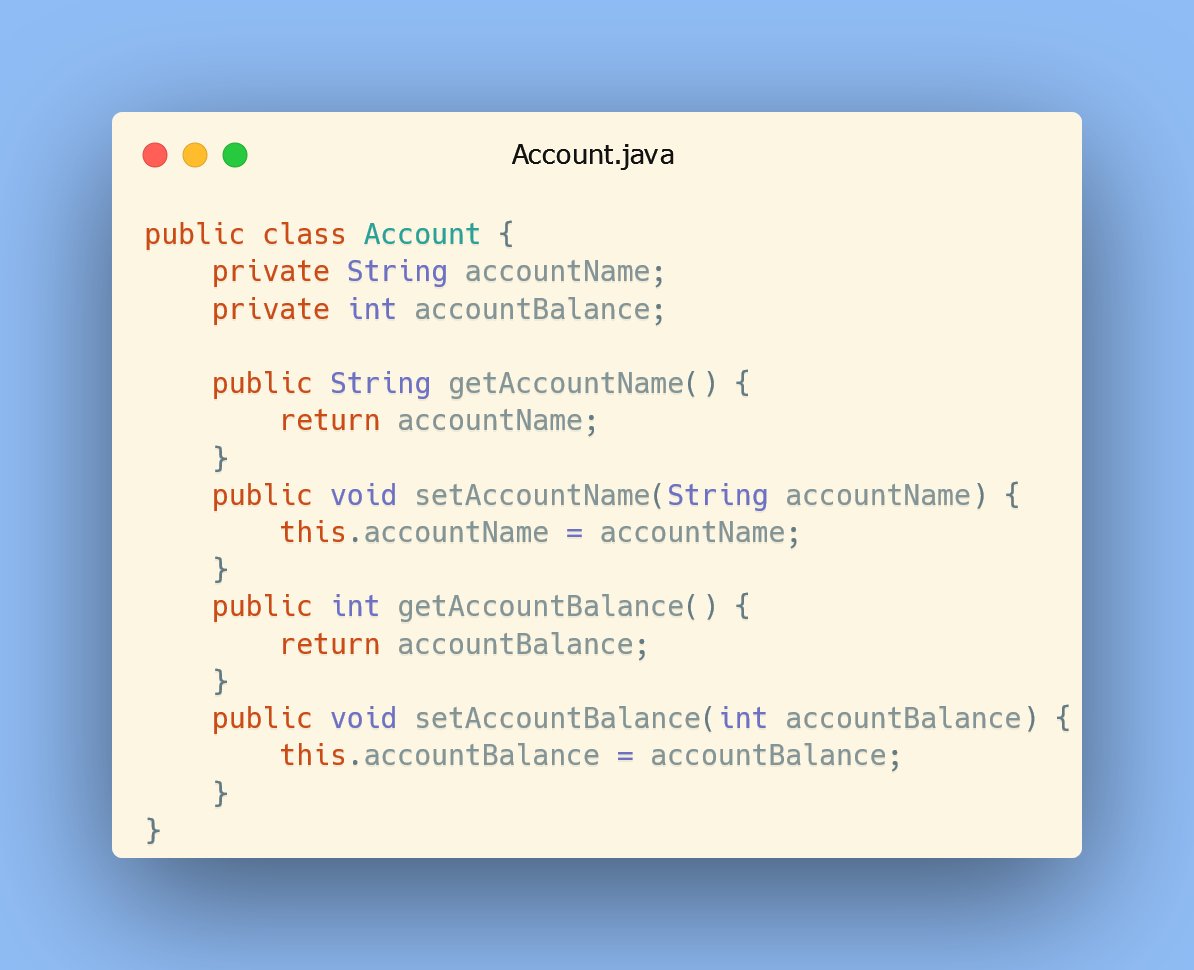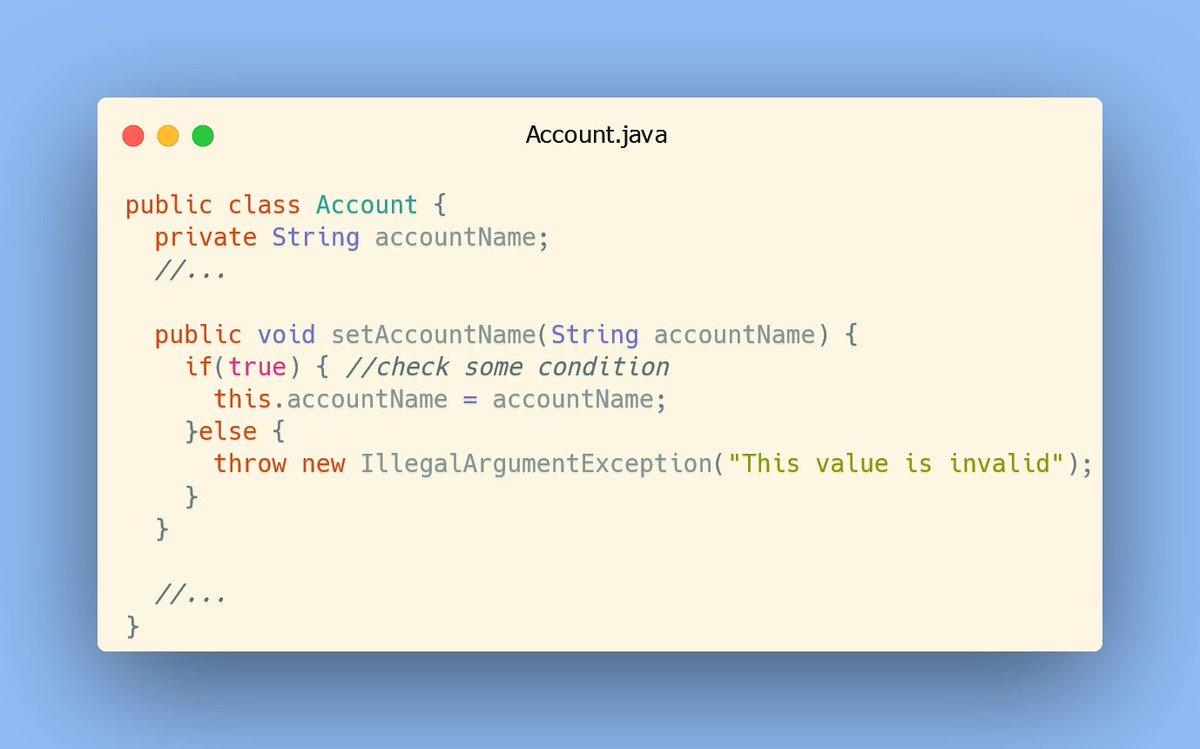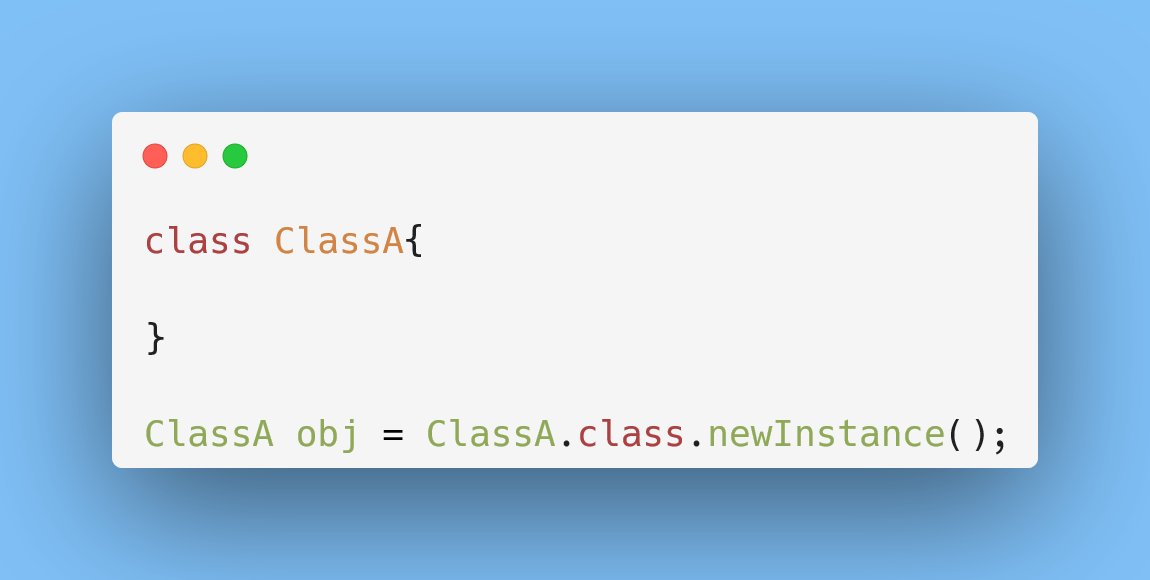Let's see what are those topics you should cover and what you can skip in Core Java.
Learn Core Java, in 30 days as an Absolute Beginner
a roadmap...
Let's see what are those topics you should cover and what you can skip in Core Java.
- Features of Java
- JVM, JRE & JDK
- Memory areas in Java
- Basics of how Garbage Collection Works.
- Objects and Classes
- Inheritance
- Polymorphism
- Encapsulation
This topic forms the basis of your Java learning. Spent enough time on this topic and understanding it using real-world examples and some practicals.
https://t.co/VFImq1o2uW
OOPs Concept in Java
— Vikas Rajput (@vikasrajputin) April 4, 2022
a thread...
- Various primitives/non-primitives data types, operators
- What is their use, How to use them
- Various sizes of data types
- Arrays, practice a few of its problems
- 2D/3D arrays and their use cases, practice a few problems
- Default package, Normal package and its use case
- Various access modifiers and how they behave in different types of packages.
- Write a few programs to practice
https://t.co/kCrMArRhmC
Java: Acess Modifiers
— Vikas Rajput (@vikasrajputin) May 20, 2022
a thread...
(Cheatsheet Included)
- While/Do While
- For loops
- If/else conditions
- Switch case
- Objects
- Abstract Class/Concrete Class
- Constructors, Methods
- Interface
- What is Inheritance through classes and interfaces
- Method Overloading/Overriding
- static, final keywords
- What is threads, How do create them.
- Thread class, hierarchy
- Learn to create simple threads using Thread class and using Runnable.
- Various methods of Thread class
- Write some program to practice
https://t.co/C7JfpMCgdV
Java: Beginner Guide to Multithreading
— Vikas Rajput (@vikasrajputin) May 4, 2022
a thread...
- Problem solved by Exception Handling
- Exception Hierarchy
- Checked/Unchecked Exception
- How to create custom exception
- throw, throws, throwable, try-catch, finally
- Basics of Collections
- Classes/Interface with its hierarchy in Collection framework.
- All about List, Set & Map, their differences, internal data structures and internal working.
- Collections util class
- What are lambda functions & why is it introduced
- Functional Interface and Functional Programming
- Write programs to practice
- Streams API and its methods.
- Stream pipelines and their methods
https://t.co/XqJlbBdpb6
Java: Beginner Guide to Stream API
— Vikas Rajput (@vikasrajputin) April 20, 2022
a thread...
More from Vikas Rajput
You May Also Like
Recently, the @CNIL issued a decision regarding the GDPR compliance of an unknown French adtech company named "Vectaury". It may seem like small fry, but the decision has potential wide-ranging impacts for Google, the IAB framework, and today's adtech. It's thread time! 👇
It's all in French, but if you're up for it you can read:
• Their blog post (lacks the most interesting details): https://t.co/PHkDcOT1hy
• Their high-level legal decision: https://t.co/hwpiEvjodt
• The full notification: https://t.co/QQB7rfynha
I've read it so you needn't!
Vectaury was collecting geolocation data in order to create profiles (eg. people who often go to this or that type of shop) so as to power ad targeting. They operate through embedded SDKs and ad bidding, making them invisible to users.
The @CNIL notes that profiling based off of geolocation presents particular risks since it reveals people's movements and habits. As risky, the processing requires consent — this will be the heart of their assessment.
Interesting point: they justify the decision in part because of how many people COULD be targeted in this way (rather than how many have — though they note that too). Because it's on a phone, and many have phones, it is considered large-scale processing no matter what.
It's all in French, but if you're up for it you can read:
• Their blog post (lacks the most interesting details): https://t.co/PHkDcOT1hy
• Their high-level legal decision: https://t.co/hwpiEvjodt
• The full notification: https://t.co/QQB7rfynha
I've read it so you needn't!
Vectaury was collecting geolocation data in order to create profiles (eg. people who often go to this or that type of shop) so as to power ad targeting. They operate through embedded SDKs and ad bidding, making them invisible to users.
The @CNIL notes that profiling based off of geolocation presents particular risks since it reveals people's movements and habits. As risky, the processing requires consent — this will be the heart of their assessment.
Interesting point: they justify the decision in part because of how many people COULD be targeted in this way (rather than how many have — though they note that too). Because it's on a phone, and many have phones, it is considered large-scale processing no matter what.


















